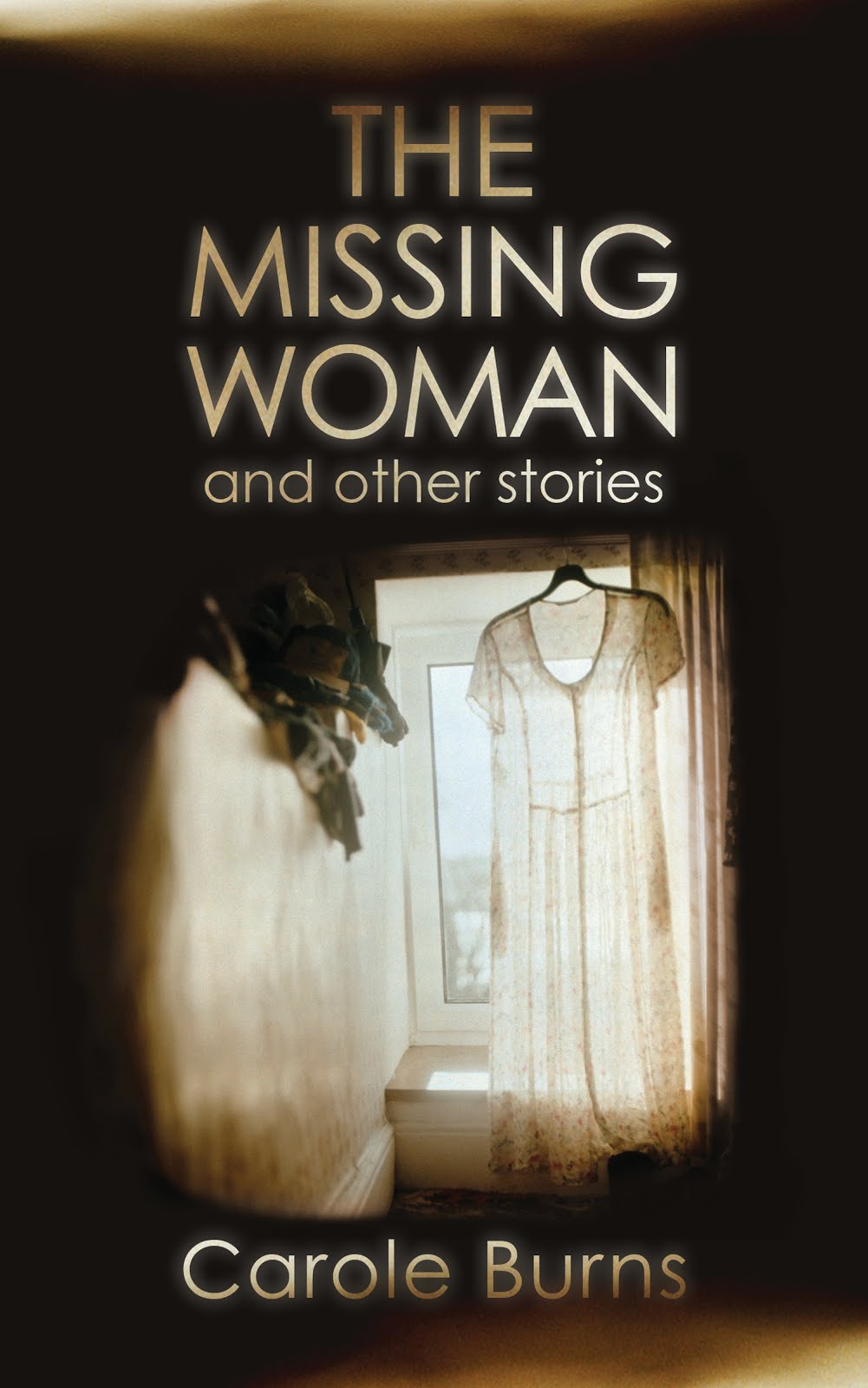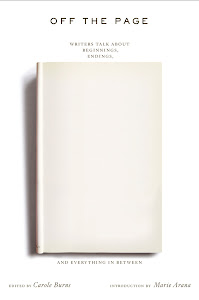Jan. 10, 2008 -- The journalist in me can’t do it. The memoirist can’t do it. Even the fiction writer in me cannot recreate the conversation.
Why didn’t we tape the damned thing?
Because the star of the Off the Page launch party at Poets & Busboys in Washington, D.C., was the conversation with writers Mary Kay Zuravleff and Carolyn Parkhurst, as they responded to my questions about quotes in the book, without much idea of what was coming next, and me (I found out later) putting them on the spot: So, Carolyn, how do you see place in your fiction?
There’s a chance to see them both again at Politics and Prose on Friday, Jan. 25, at 7 p.m. along with writers Alice McDermott and Marie Arana.
In the meantime, the ever-energetic Mary Kay has answered a few questions. Zuravleff (who also has her own Web site) is author of two novels, The Bowl Is Already Broken and The Frequency of Souls and the winner of many awards including the James Jones First Novel Fellowship. Her frank, down-to-earth and intelligent answers had many of my friends saying afterward—I want to read her book!
I’m going to start with one of my favorite questions to ask other writers—and, when I can bear it, myself.
Carole: Why do you write?
Mary Kay: All my favorite sentences start with “What if?” and my writing is an attempt to follow these hypothetical questions to some satisfying conclusion. For some reason, "what if" is like a fuse that I must chase to see where it leads. I’m still surprised when the fuse leads into a maze or back to the starting point. In other words, the questions that matter provoke novels, lives, families—complex and rather disorderly systems, all.
Carole: The quote from Marie Howe’s poem, “The Meadow,” which you included in your Off the Page bio, is very beautiful. Why do you think it's so important to you? What exactly do you get out of it? The quote is:
"your plight, in waking, is to choose from the words
that even now sleep on your tongue, and to know that tangled
among them and terribly new is the sentence that could change your life."
Mary Kay: One of the major paradoxes as a writer is working through years and drafts to get at what you’ve always known. Or, quoting another part of Howe’s poem, “As we walk into words that have waited for us to enter them.” How can that be so challenging? For me, make-believe stories about invented characters and imaginary situations scratch an itch that real life can’t reach. I need the pyrotechnics of expression—absurdity, language, structure—to clarify what I can’t quite access.
Carole: Can you talk about your current project?
Mary Kay: Lately, I’ve been writing short stories, and it has been a joy to be confined in the small, tight world of a story. After the unruly orchestral maneuvers of composing a novel, I feel as if I were singing in the shower. One clear voice can echo like crazy, and even the off-key song, lathered up and delivered with bluster, has its charm.
Subscribe to:
Posts (Atom)

